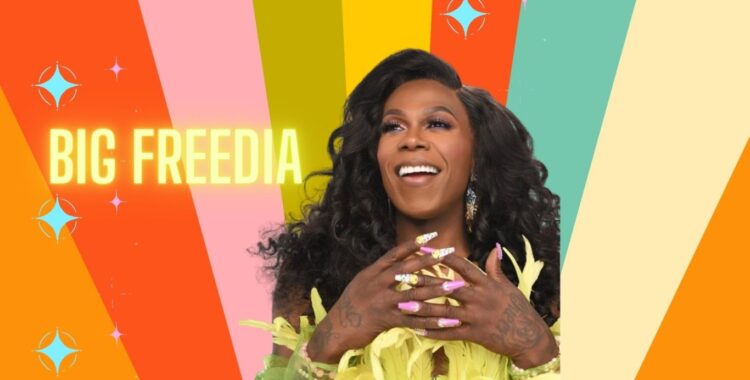
June is not only Pride Month but also Black Music Month. So, we’re highlighting five queer music icons!
Listening to music has been scientifically proven to provide a host of health benefits including improvement of cognitive performance, stress reduction, improved memory and even increased pain management.
So, let’s celebrate LGBTQ+ icons who’ve given us some of the best feel-good music!
Sylvester
Sylvester, born as Sylvester James, was one of the first Black and openly gay singers and blazed a trail for other LGBTQ+ artists. His unforgettable and phenomenal hit, “You Make Me Feel (Mighty Real),” secured Sylvester’s title as Queen of Disco.
Though his life was cut short at 41 years old when he passed away from AIDS in 1988, Sylvester continues to be remembered for his distinct, falsetto, gospel-tinged voice, unapologetic flamboyant style and disco jams including “Do You Wanna Funk,” “Dance” and “I Need You.”
Sylvester was loud and proud and unwaveringly his authentic self. We honor Sylvester as a magnificent, queer music icon.
Janelle Monae
Self-declared pansexual artist, Janelle Monae, captured the public’s attention with her first hit song, “Tight Rope,” from her debut album, “The ArchAndroid.” Since then, the popularity of the singer-turned-actress has grown steadily with other hits including “Make Me Feel,” “I Like That” and her LGBTQ-friendly single, “Lipstick Lover.”
Though Monae has demonstrated her powerful acting chops in her standout roles in the Oscar winning film, “Moonlight” and the highly acclaimed feature, “Hidden Figures,” Monae, who has won awards for championing LGBTQ+ rights, is still one of music’s most beloved figures and is a queer music icon.
RuPaul
You can’t celebrate Pride Month and talk about Black Music Month without mentioning RuPaul. The quintessential queen of drag’s hit, “Supermodel (You Better Work),” put him on the charts and began his journey of becoming one of the few drag queens to become a household name. The song was not only a pop hit but became an anthem for expressing pride and confidence.
The host of the Emmy-winning competition show, “Drag Race,” has brough the art and culture of drag to the masses at a time in our country when drag performers have experienced right-wing attacks. The multihyphenate entertainer and now author with his recently released memoir, “The House of Hidden Meanings,” is undoubtedly a queer music icon
Big Freedia
Big Freedia, otherwise known as Freddi Ross, is a Hip Hop artist who’s helped popularize the New Orleans music genre, Bounce, is becoming one of the most popular figures in music today. Big Freedia’s recognition has grown largely due to her popular reality shows, “Big Freedia Bounces Back” and “Big Freedia Means Business,” where viewers get the “BTS” view of her hustle and flow.
Since hitting the scene in 1999 with her single, “An Ha, Oh Yeah,” the performer has been dubbed the “Queen of Bounce” and was even heavily featured on Beyonce’s song, “Break My Soul.” Her big personality and penchant for bold looks has also translated into a line of beauty products in partnership with the Black-owned makeup line, Black Opal Beauty.
Big Freedia’s recognizable musical style and personal authenticity, coupled with her advocacy for LGBTQ+ rights, makes her an ideal, queer music icon.
Queen Latifah
Though we know Queen Latifah for her portrayal of Khadija on the iconic sitcom, “Living Single,” Cleo in “Set it Off” and as Robin McCall on her current hit TV drama, “The Equalizer,” Dana Owens, better known as Queen Latifah, started out as a rapper who got our attention with her seminal anthem, “Ladies First.”
With other hits including “Just Another Day,” “Come Into My House,” “U.N.I.T.Y.” and “Latifah’s Had it Up to Here,” the rapper/singer turned actress, talk show host and spokesmodel has become one of the most versatile and notable performers of our time.
And now, with her public acknowledgement of her sexuality in her acceptance speech at the 2021 BET Awards, when she thanked her wife and wished everyone, “happy pride,” Latifah is not only touted as one of the most talented figures in entertainment but is also recognized as a trailblazing icon in the LGBTQ+ community.
We honor Queen Latifah during Pride Month as a queer music icon.
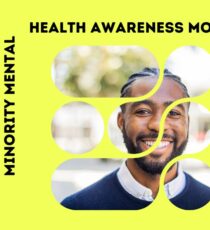
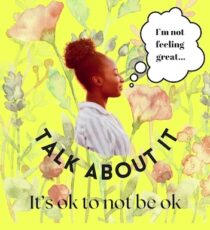
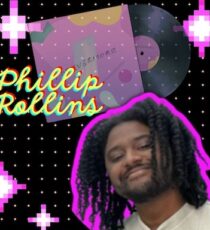
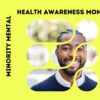
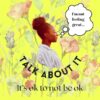

Social Menu